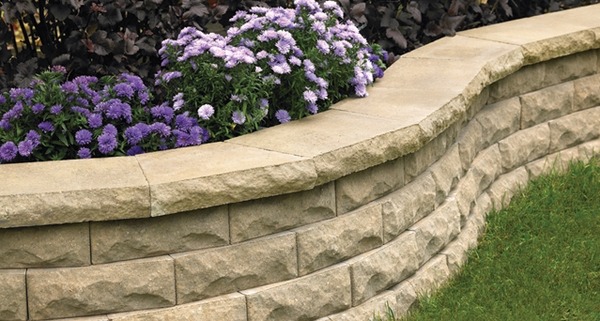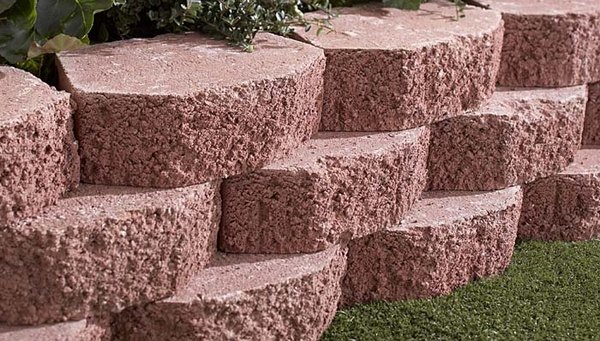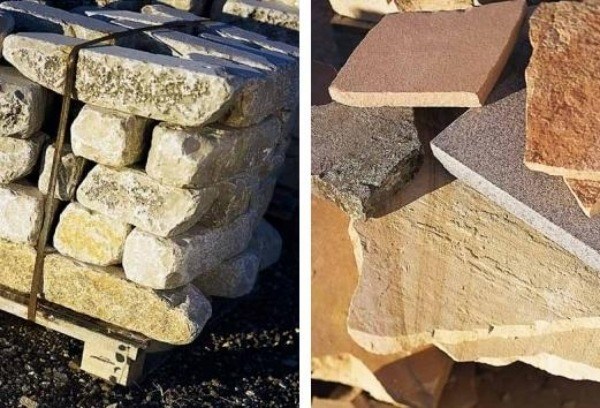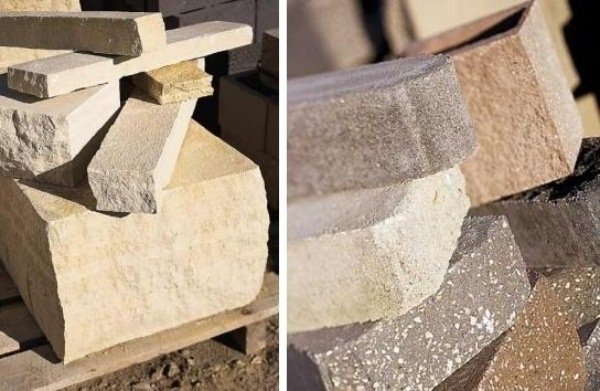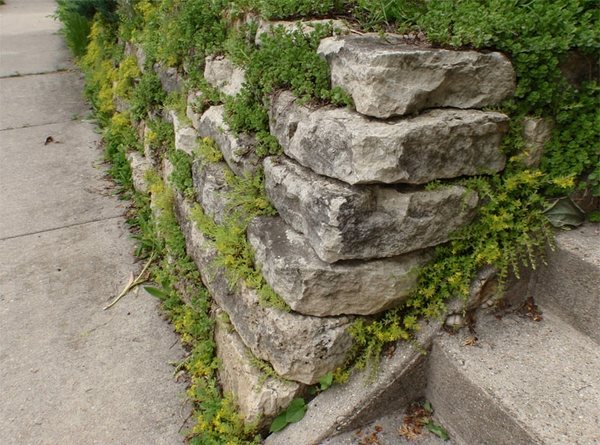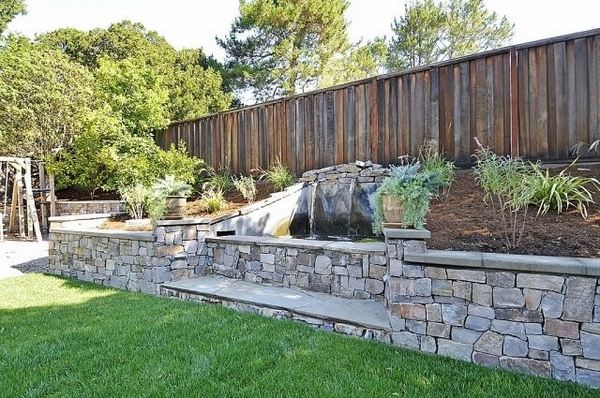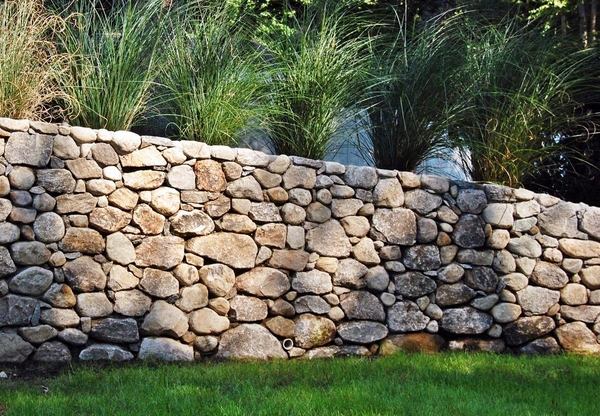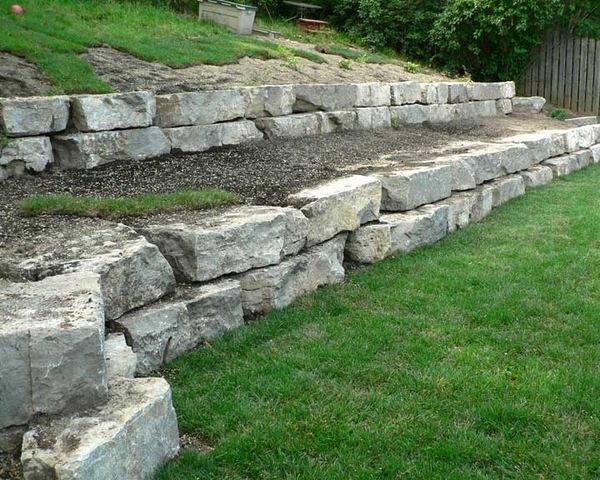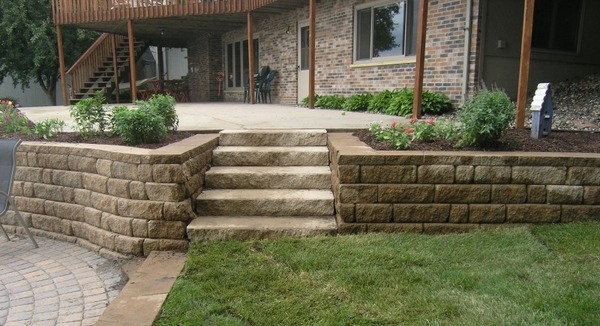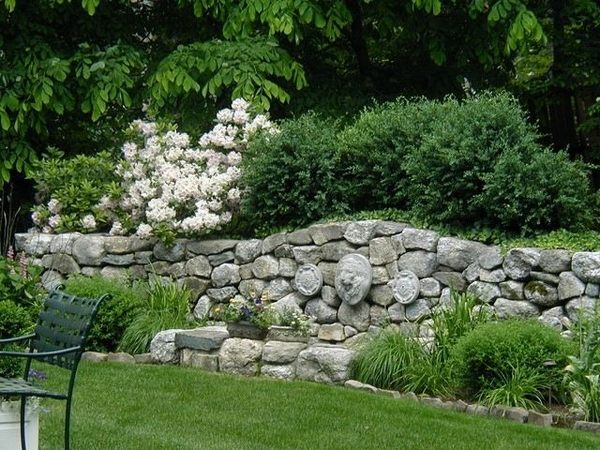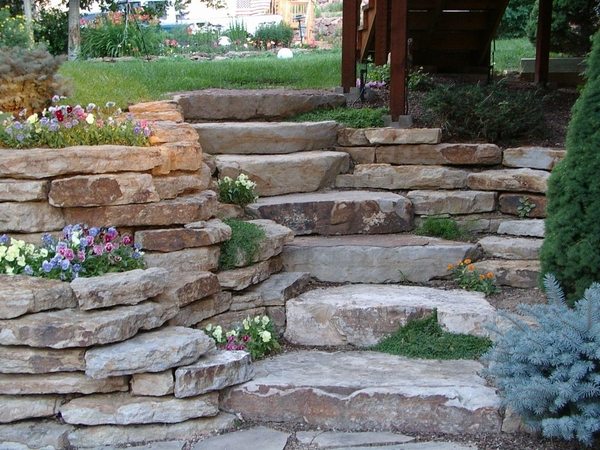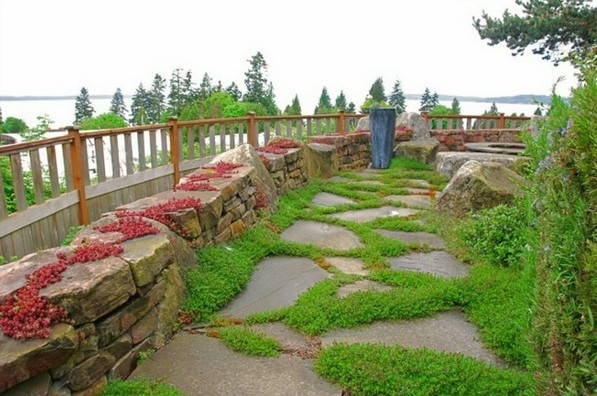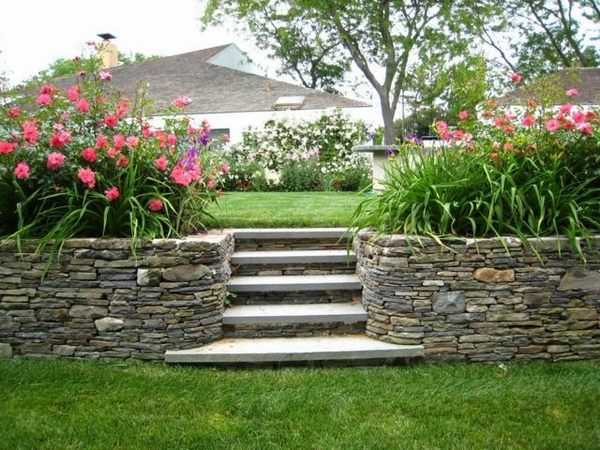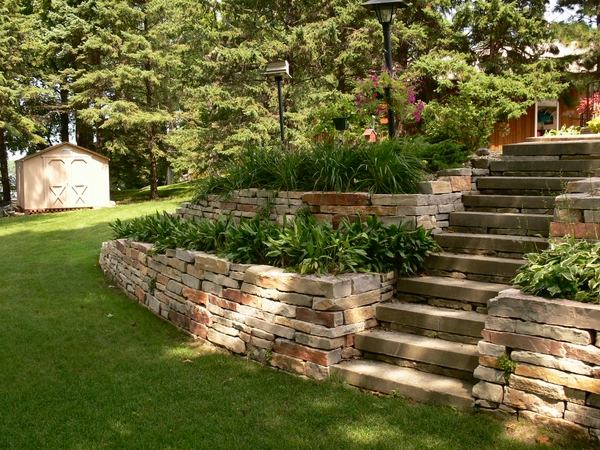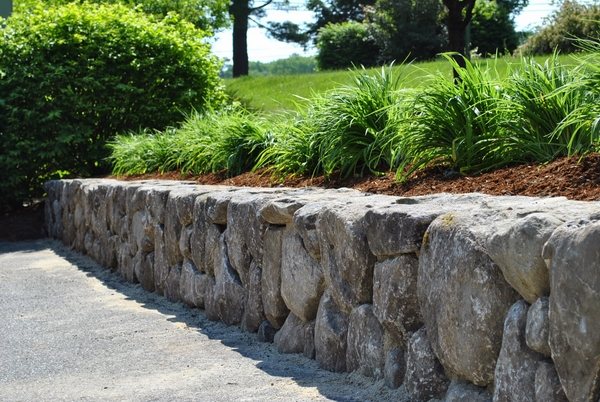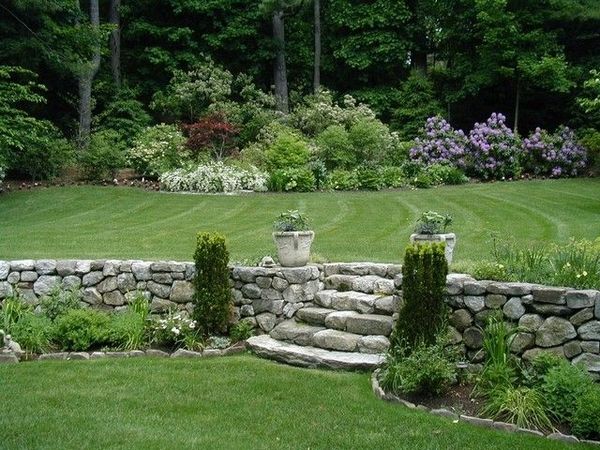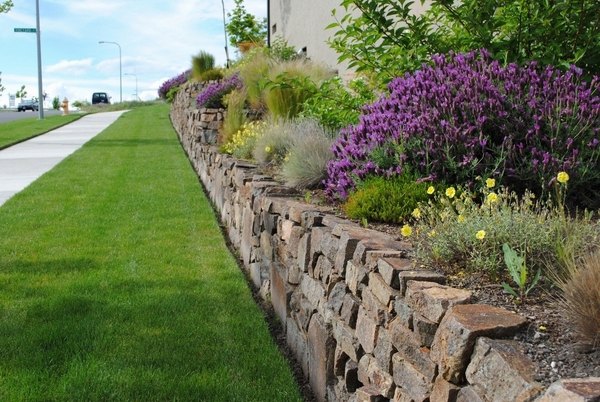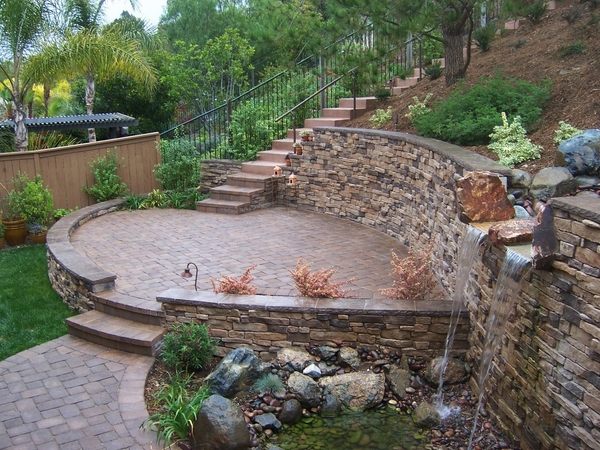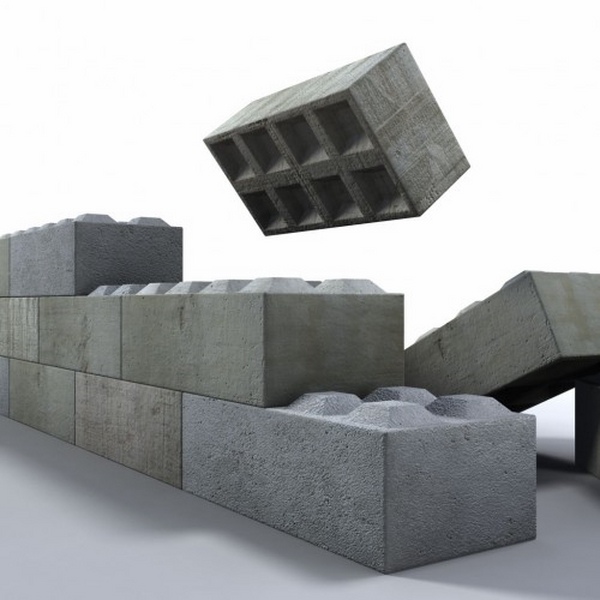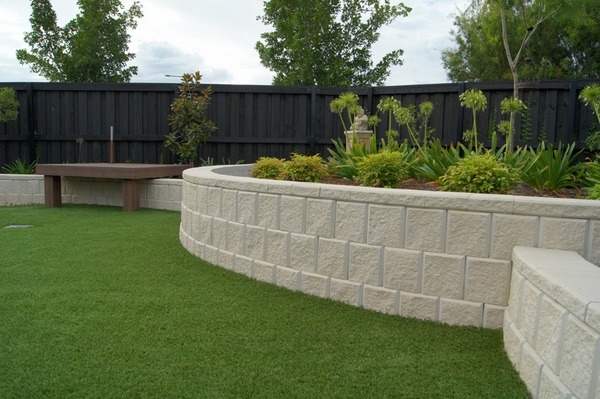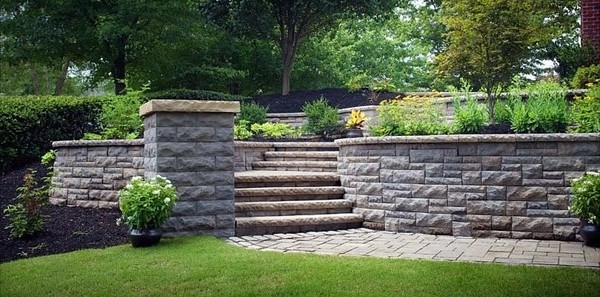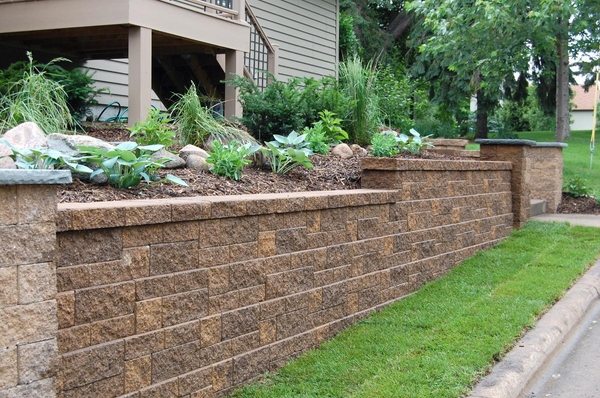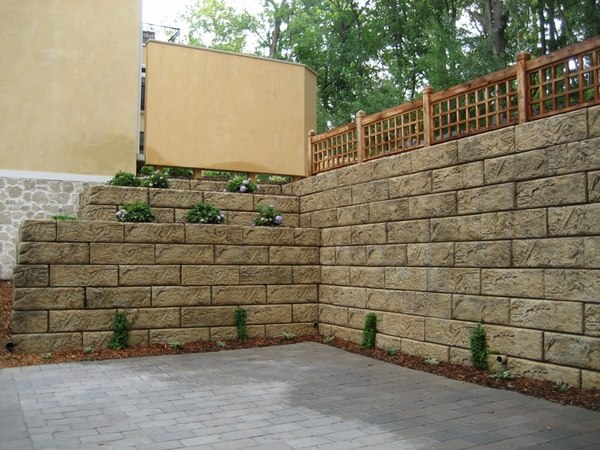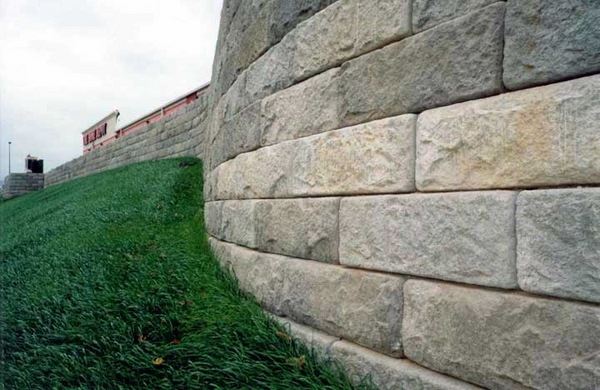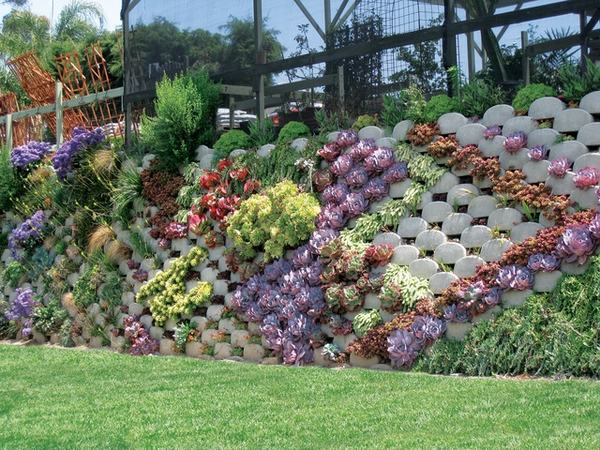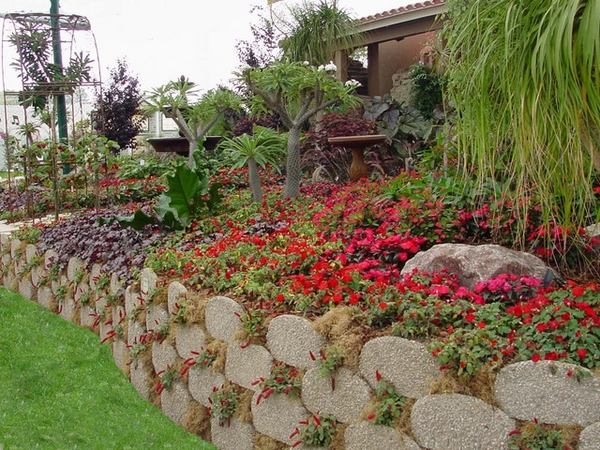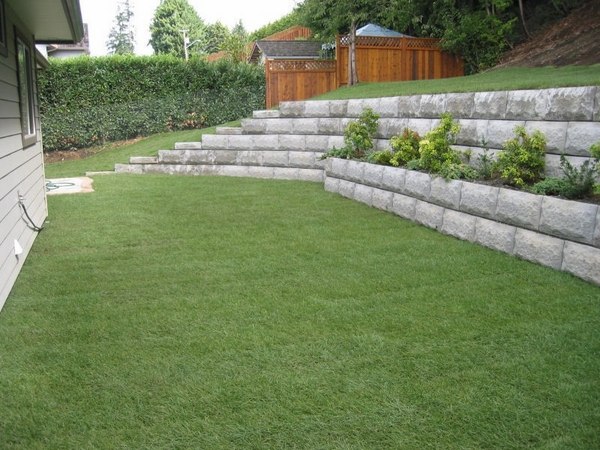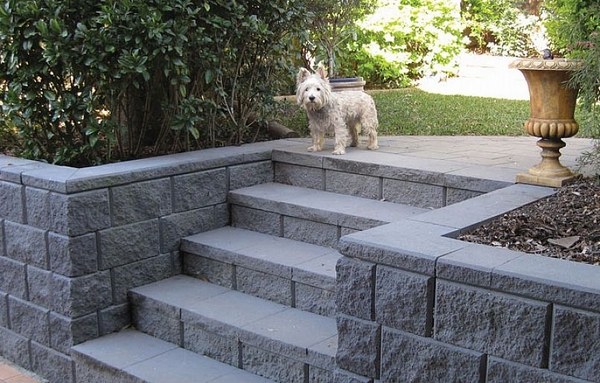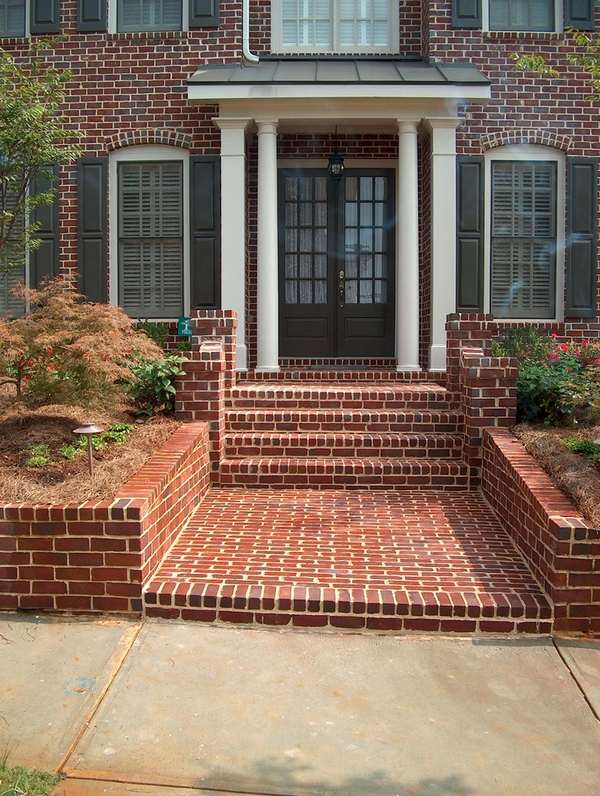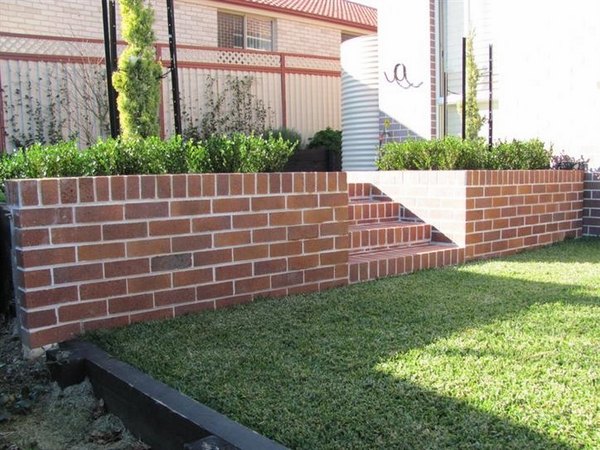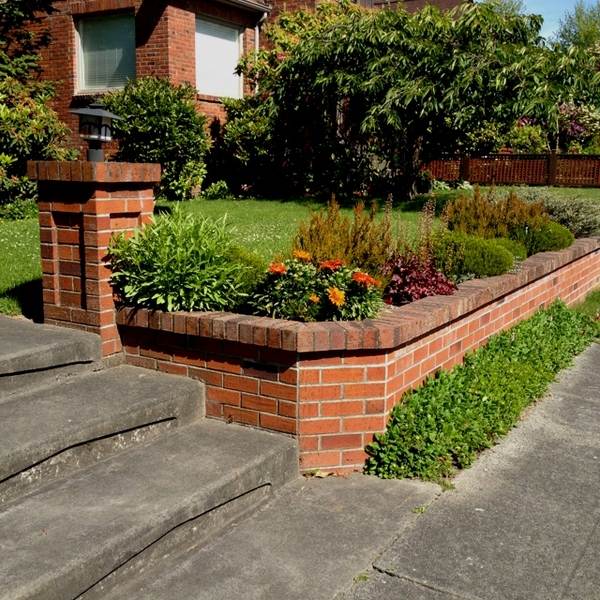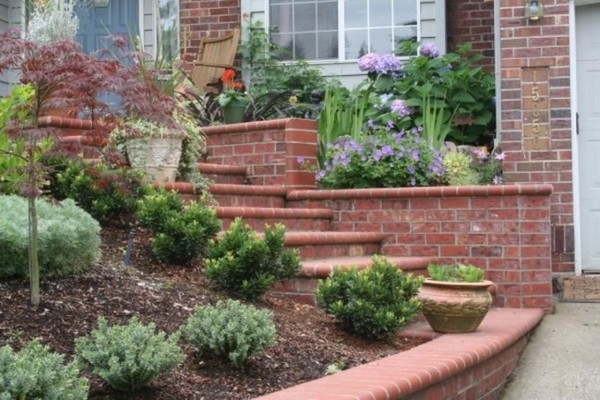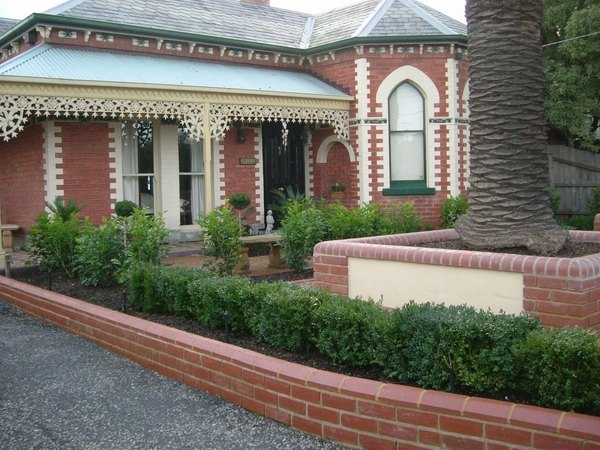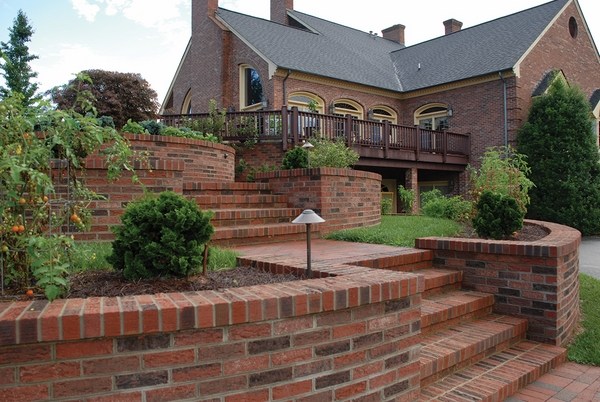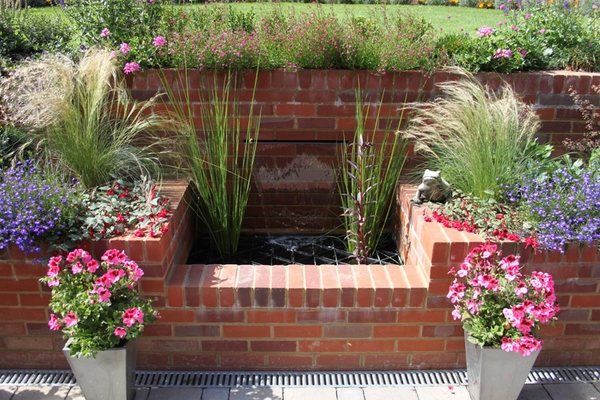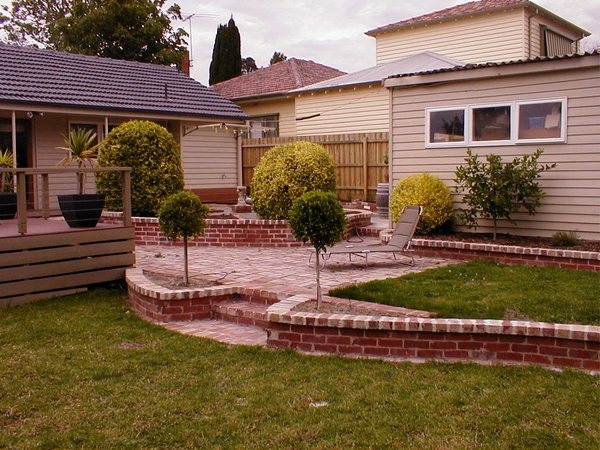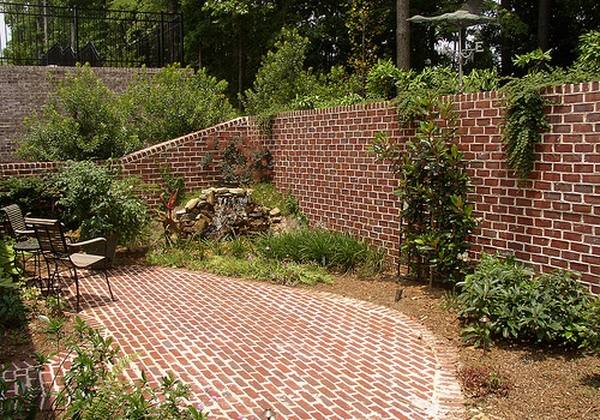Landscaping provides many design options. Garden walls are important elements of garden design, which serve a very practical purpose. Whether dry, stone , concrete or gabions any kind has a very special charm. A retaining wall offers privacy, can be used as a noise barrier and small often feature a place for flowerbeds or lawns.
However, the main purpose of any retaining wall is to retain the soil in sloped terrains. There are many ways to build a retaining wall and although it is a tough job many homeowners can handle it by themselves. We shall focus your attention in the different types of retaining wall blocks and their advantages and disadvantages.
Retaining wall blocks made of natural stone or boulders are the most expensive material and require the greatest amount of labor but the stylish and unique look is difficult to achieve with any other material. The blocks can be made of granite, sandstone or limestone. Granite is the hardest stone, which is used in landscaping. Its amazing colors vary between gray, black, crimson to yellow, blue and white, and reveal their beauty especially when wet. Granite stones are available in certain standard sizes. Natural stone retaining types of wall blocks are offered in regular or irregular shapes and are absolutely versatile as they are suitable for any type of design.
An alternative to the costly natural stone blocks are the blocks made of cement mixture, so they are a man-made material which means their cost is significantly less. As a manufactured product these stone blocks can have various shapes, designs and textures which replicate natural stone. The stone blocks are suitable for retaining walls where a mortar is not required and the dry stack method is used. Retaining walls built with stone blocks are divided into three main types: rubble , cut stone and boulder.
Widely available and at a relatively low cost retaining wall blocks made of concrete are easy to work with. Modern concrete blocks are far from the simple two cell rectangular unit, also known as “cinder block”. The market offers a wide variety of designs, types, shapes, colors and textures and a cinder block retaining wall provides both aesthetic value and structural integrity.
There are different types of concrete blocks – interlocking, hollow, solid and half hollow manufactured in high or low density. One of the most common ways to build a retaining wall of concrete blocks is to stack them on top of one another and secure them with pins, clips or interlocking edges. Interlocking blocks are manufactured with a decorative front and a lip on the back. The lip is fitted against the block below it, and creates the interlocking joint. When choosing concrete blocks for your retaining wall make sure that it will blend well with the style of your garden and house exterior.
Clay bricks are a classic material with a huge aesthetic value. Retaining walls built from bricks offer many benefits and advantages in addition to their functional and decorative values. Bricks provide a strong and stable structure and large amounts of soil can be retained effectively. Clay bricks are manufactured from natural clay, shaped in different forms and sizes and fired at extreme high temperatures. Clay bricks are very durable and long lasting with best resistance to water and fire. A retaining wall made entirely out of brick is known as a “cavity wall”. Although the traditional brick color is red, nowadays bricks are available in different colors and you can choose a color that will give a unique individuality to your retaining wall.
Frequently Asked Questions
What is the main purpose of a retaining wall?
The main purpose of a retaining wall is to retain soil in sloped terrains, providing stability and preventing erosion.
What materials are commonly used for retaining wall blocks?
Common materials for retaining wall blocks include natural stone (granite, sandstone, limestone), concrete blocks, bricks, and boulders.
Are natural stone retaining wall blocks expensive?
Yes, natural stone retaining wall blocks are generally more expensive due to the material cost and labor required for installation. However, they offer a unique and stylish look that is hard to achieve with other materials.
What are the advantages of using concrete blocks for retaining walls?
Concrete blocks are widely available, cost-effective, and easy to work with. They come in various designs, shapes, and colors, offering both aesthetic appeal and structural integrity.
How can interlocking concrete blocks benefit a retaining wall?
Interlocking concrete blocks feature a decorative front and a lip on the back, creating a secure interlocking joint when stacked. This design provides additional stability and ease of installation.
What are the key factors to consider when choosing the right retaining wall blocks?
When selecting retaining wall blocks, consider factors such as material durability, cost, design flexibility, compatibility with the landscape style, and the wall’s structural requirements.

